
EYFS Thinking About: Paths and Maps
Here are some examples of children's thinking following on from their exploration of the NRICH Paths activity.

Here are some examples of children's thinking following on from their exploration of the NRICH Paths activity.
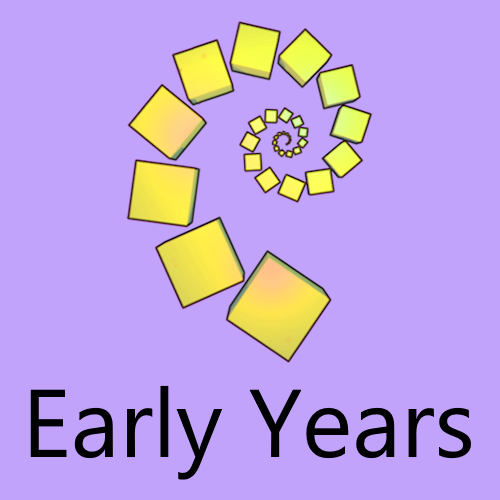
In this task, children make a collection out of some items and then discuss what they notice about their collection, focusing on the shapes and patterns that they can make.
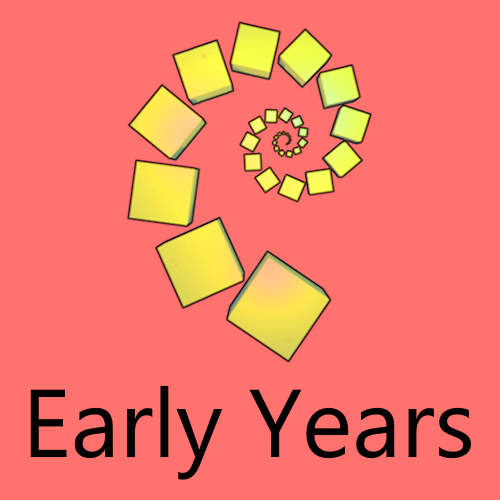
In this task, children will make shapes out of loops of string and discuss what they notice about their shapes.
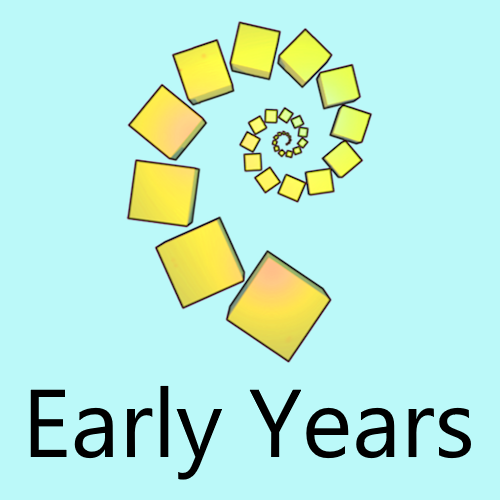
This task provides an opportunity for children to work together to make a picture, discussing with each other which position they want to put each shape in.

When playing in this mud kitchen, children will be using the language of size and capacity to choose utensils for different tasks.

In this activity, the rhyme 'Ten Green Bottles' is used to encourage children to count backwards to work out how many bottles are left.
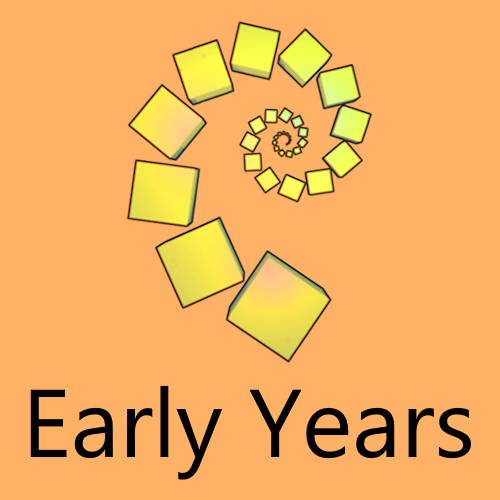
This task uses the familiar situation of a shelf of objects to encourage children to use positional language and follow directions to find their wellies.
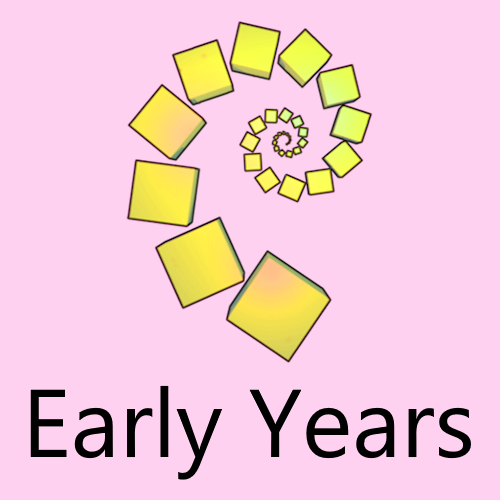
This activity provides an engaging context for children to consider the space they will allocate for some 'small world' toys, and how many toys they will be able to fit into the space.

When investigating these tubes, children will have the opportunity to practise using everyday language to talk about length, size and position.
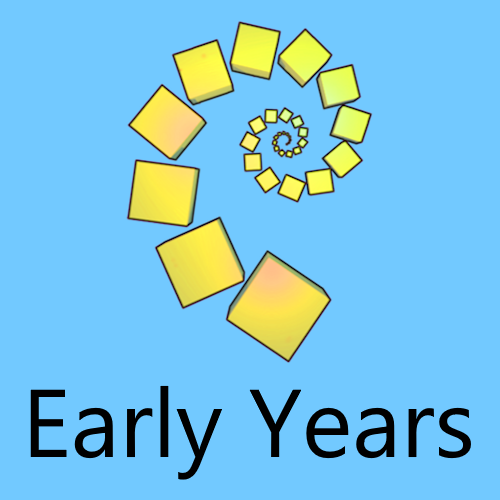
In this activity, the book 'The Doorbell Rang' by Pat Hutchins provides an engaging context in which children can explore sharing.